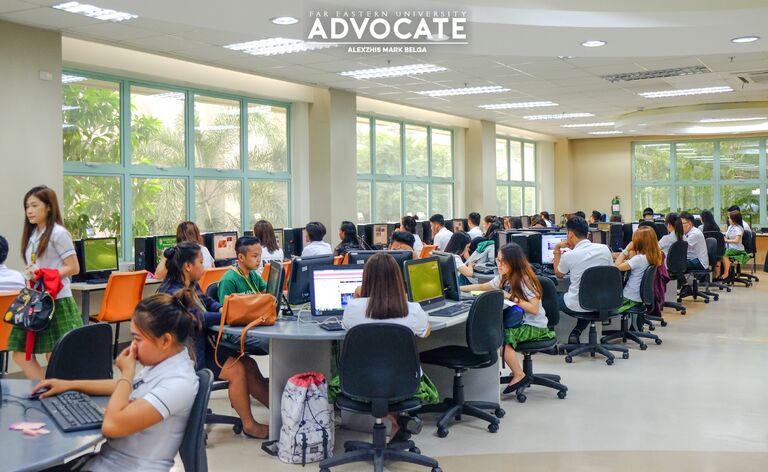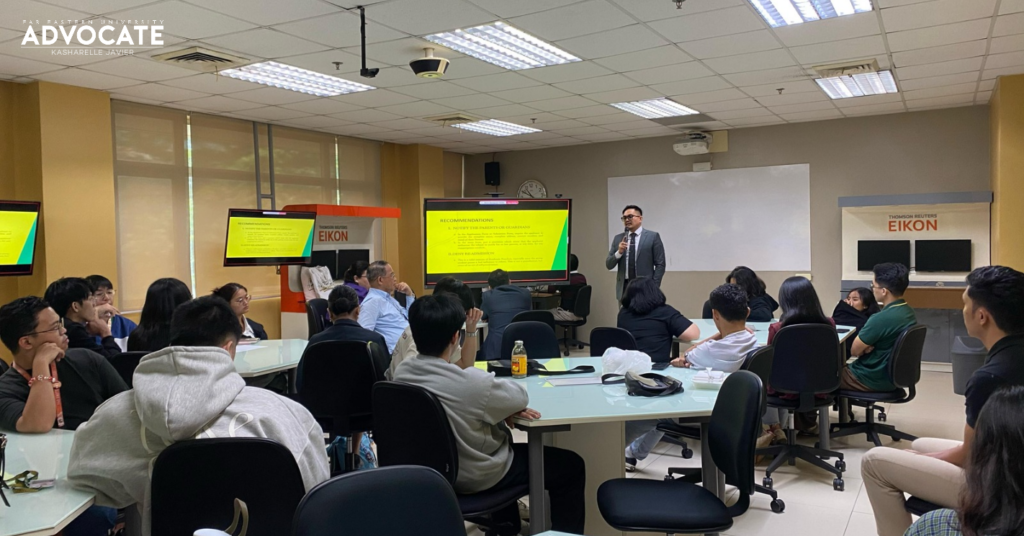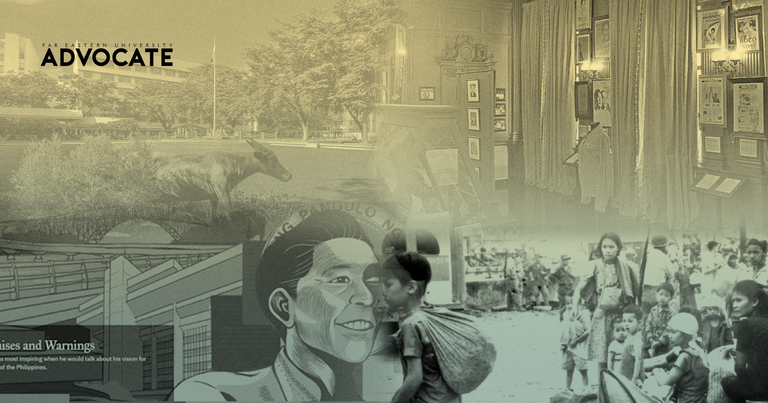
18 Units Closer: Teaching Without an Education Degree
- August 25, 2021 08:24
FEU Advocate
February 11, 2025 16:18

Far Eastern University (FEU) Office of Student Discipline (OSD) seeks a ‘drug-free’ University by planning to conduct Mandatory Random Drug Testing (MRDT) on students, as discussed in a drug abuse education and prevention seminar held at the Admission Building Interactive Room 307-A last February 7.
The seminar ‘Understanding the Legal Framework of Drug Abuse, Prevention and Mandatory Random Drug Testing’ was moderated by Professor Rosemarie Buencosejo.
It also served as a consultation for MRDT’s possible implementation in the University.
OSD Director Johnelyn Tangpus emphasized that drug abuse is considered a disease and one of the biggest threats not only in FEU but to the community, highlighting the need to help students struggling with drug addiction.
“When we consider drug addiction as a disease, therefore, the stand of the University is that students who are found to be addicted to these prohibited substances and drugs, they need help,” she said.
The OSD Director outlined Sections 4 and 5 of Article 1 of the Student Code of Conduct, which prohibit students from bringing, possessing, or undergoing the influence of liquor, prohibited drugs, or controlled substances within the University.
Moreover, violations of the article will be subject to formative deliberation and due process, as outlined in Article 8.
As stated in the MRDT guidelines and procedures, students will be randomly selected by the Selection Board to undergo random drug testing.
Based on the Commission on Higher Education (CHED) Memorandum Order (CMO) 18, Series of 2018, approval from the school’s governing board should be observed.
Even if MRDT is a requirement from CHED, along with it is the consultation among students to ask their opinion regarding the matter.
Additionally, Regulation 3, Series of 2009 should be observed, which requires the University to notify the parents or guardians, informing them about the manner and procedure of MRDT. Failure to comply with this requirement will lead to sanctions under CMO 18.
In selecting the students, the University Health Services Director will send emails to each Institute consisting of the list of students who will undergo the drug testing at the designated testing center.
Students will be accompanied at all times in the testing center to avoid any tampering with urine samples during the drug test.
Before conducting the drug test, the physician will explain the procedure, require students to sign the drug test form and accompany them in the restroom to ensure the integrity of the sample.
The Drug-Free Committee, headed by the President of FEU, along with the Selection Board, will have to ensure the strict confidentiality and integrity of the drug test results.
Regardless of the results, the names of the students will not be disclosed and will only be identified by their student numbers.
If a student tests positive in the MRDT, there will not be grounds for disciplinary action, unless he is also held liable for other violations of the Student Code of Conduct.
Meanwhile, resource speaker Atty. Aniceto Ammogao II, an FEU alumnus who graduated with a degree in Political Science and later pursued legal studies at the University of Santo Tomas, explained the legal frameworks of MRDT.
Ammogao suggested that the conduct of MRDT would be effective by examining its implementation before, during, and after testing.
“‘Yung primary question ko is, ‘Is the mandatory random drug testing effective sa ating goal na magkaroon ng drug-free University?’ Kaya ngayon, malalaman natin ‘yung question na iyon by looking kung paano ba ginagawa before, during, and after the testing kasi sasabihin ng CHED, paano natin malalaman na effective kung ‘yung implementasyon na sinabi namin ay hindi niyo naman sinunod?” he stressed.
According to the speaker, the implementation of MRDT is legal since it is based on CMO 18, which mandates all higher education institutions to undergo random drug testing.
Ammogao explained that the implementation of MRDT will involve a master list consisting of the names of all of the students, ensuring a randomized and “suspicionless” selection.
Last A.Y. 2022-2023, students who refuse to undergo MRDT can be sanctioned, leading to a major offense of the student code of conduct.
However, this A.Y., if a student refuses to undergo MRDT, Ammogao clarified that the University cannot compel the student as it will be considered an ‘involuntary solitude,’ which is a crime.
Instead of imposing sanctions, the school’s role is to exercise an appropriate intervention by notifying the student’s parents or guardian.
Ammogao said there will be no specific date since “it would defeat its purpose” if they announce when MRDT will be conducted.
The seminar was attended by 40 participants, with approximately 15 attendees from FEU Makati online.
- Kasharelle Javier
(Photo by Kasharelle Javier/FEU Advocate)









